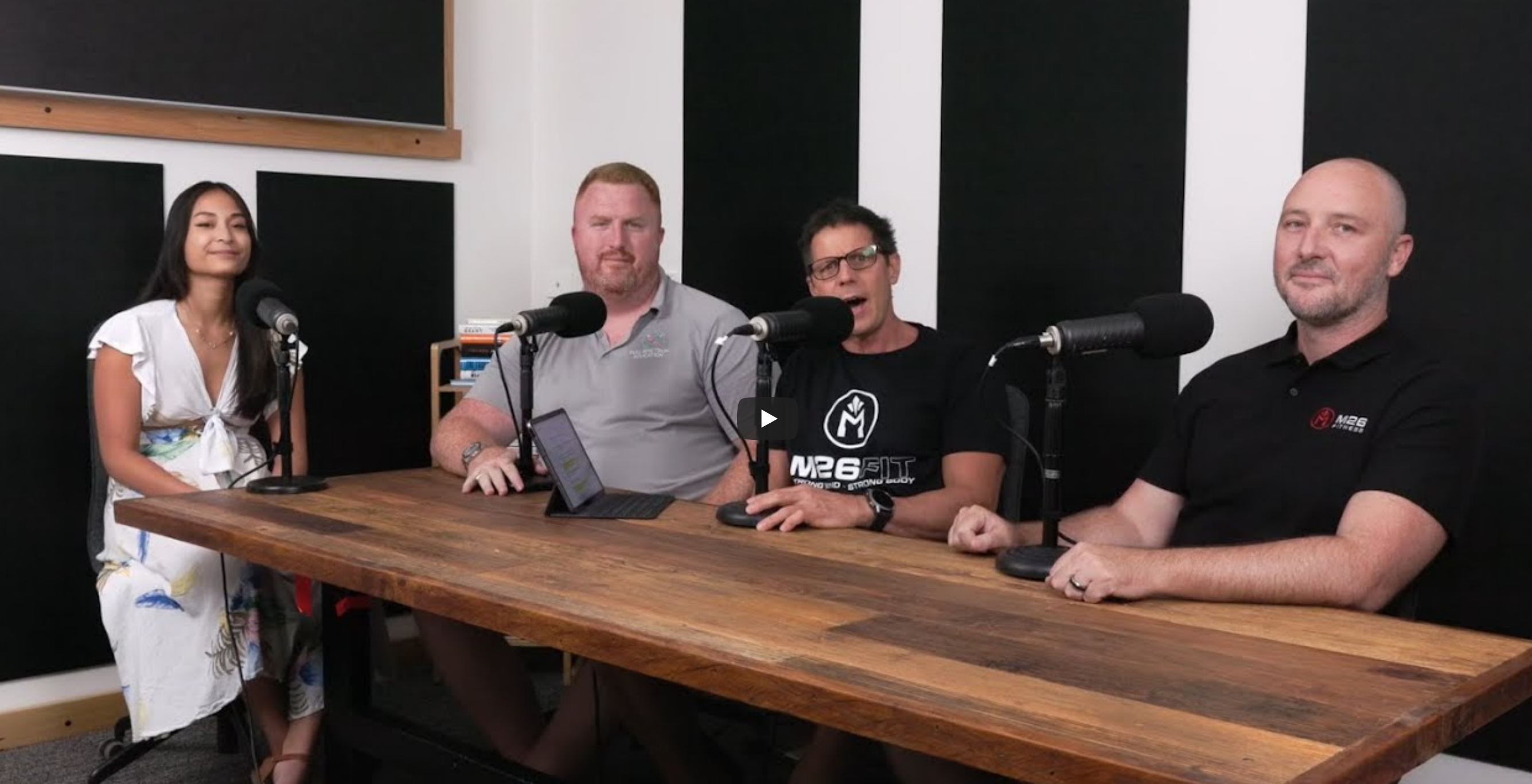

Did you know that there isn’t just “dyslexia”? This word, thrown around a lot, is usually thrown to kids that struggle in reading and
literacy, but there are more than just dyslexia and are psychologically diagnosed learning difficulties that can severely impact learning if
they are not diagnosed and learning is not adjusted appropriately. So, what are the “four D’s” and what do we need to know about them?
Dyslexia
Let’s start with the most well-known, Dyslexia. Dyslexia is defined as a “chronic neurological disorder causing inability or great difficulty in learning to read or spell”. This does not mean the dyslexic person has less than normal intelligence! All it means is that those affected have issues with processing graphics. However, this does not mean that you cannot teach a dyslexic learner how to read and write! With early intervention and specialised learning techniques, it is normal for most dyslexics to learn what someone who does not suffer from dyslexia can.
Dysgraphia
Dysgraphia is another chronic neurological disorder that affects the act of writing, making spelling and physically handwriting very difficult. Organising letters, numbers, words and sentences can be very difficult for those that suffer from dysgraphia, but again, can be treated with specialised learning techniques.
Dyscalculia
Dyscalculia follows the pattern of being a chronic neurological disorder, and this one focuses on learning disabilities involving mathematics and processing mathematical concepts. This is a disorder that differs from person to person and can affect people differently at different stages of life and they can have trouble processing what they hear, language and visual-spatial recognition.
Dyspraxia
Dyspraxia is defined as “an impairment or immaturity of the organisation of movement – an immaturity in the way the brain processes information”. On the whole, it affects planning of actions and leads to difficulties in perception, language, thought, speech and memory.
So, now we know what the four “D’s” are – but don’t worry! All of these are usually treatable with early intervention and specialised learning. Here at Full Spectrum Education, we have a range of educators that have experience and specialisation with these learning difficulties and are here to help!
If your child would benefit from individualised, one-on-one education with a qualified teacher, get in touch with Full Spectrum
Education to organise a free consultation.
Website: www.fsedu.com.au | info@fsedu.com.au
Facebook: @fullspectrumeducation
Instagram: @fullspectrumeducation
Written by Full Spectrum Education
Information for this article was sourced from: http://brocksacademy.com/dyslexia-dysgraphia-dyscalculia-and-dyspraxia-how-are-they-different/#:~:text=Dyscalculia%20can%20vary%20from%20person%20to%20person.&text=People%20with%20dyscalculia%20can%20have,of%20the%20organization%20of%20movement.